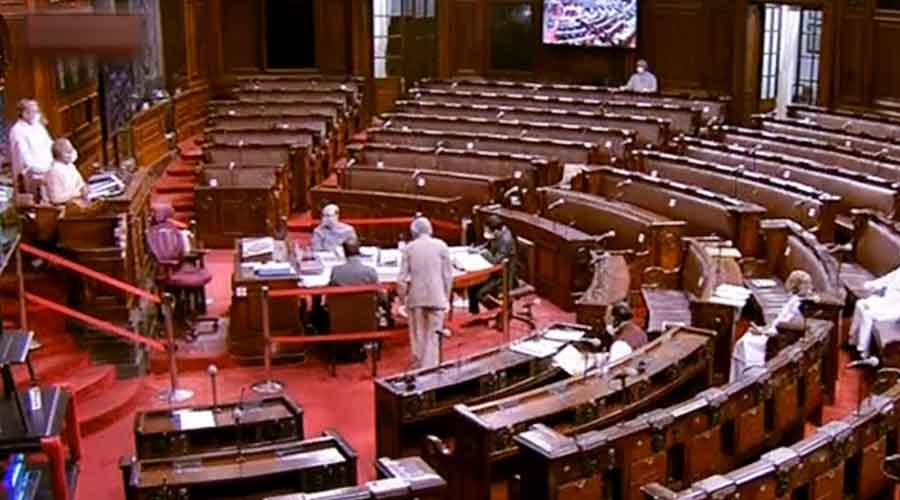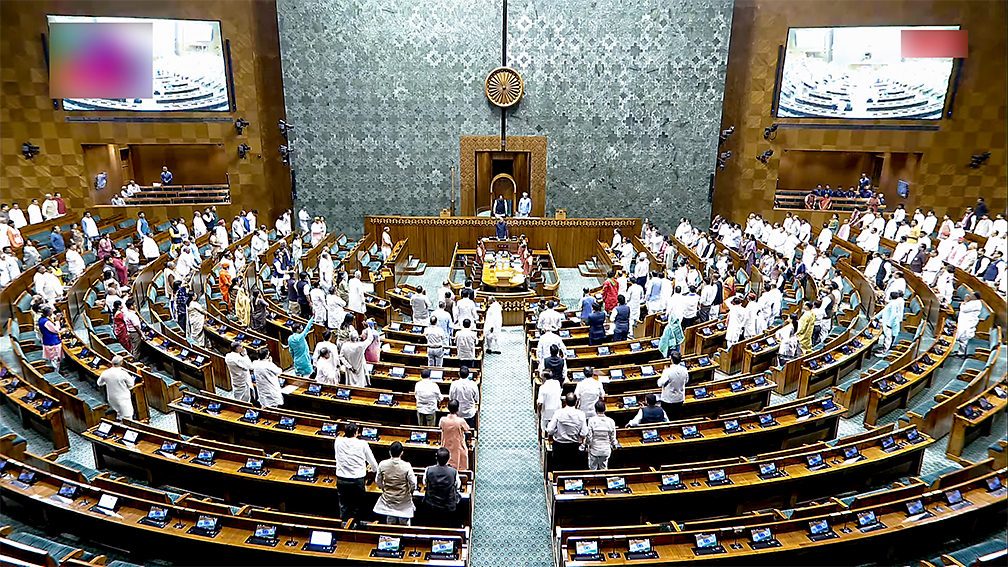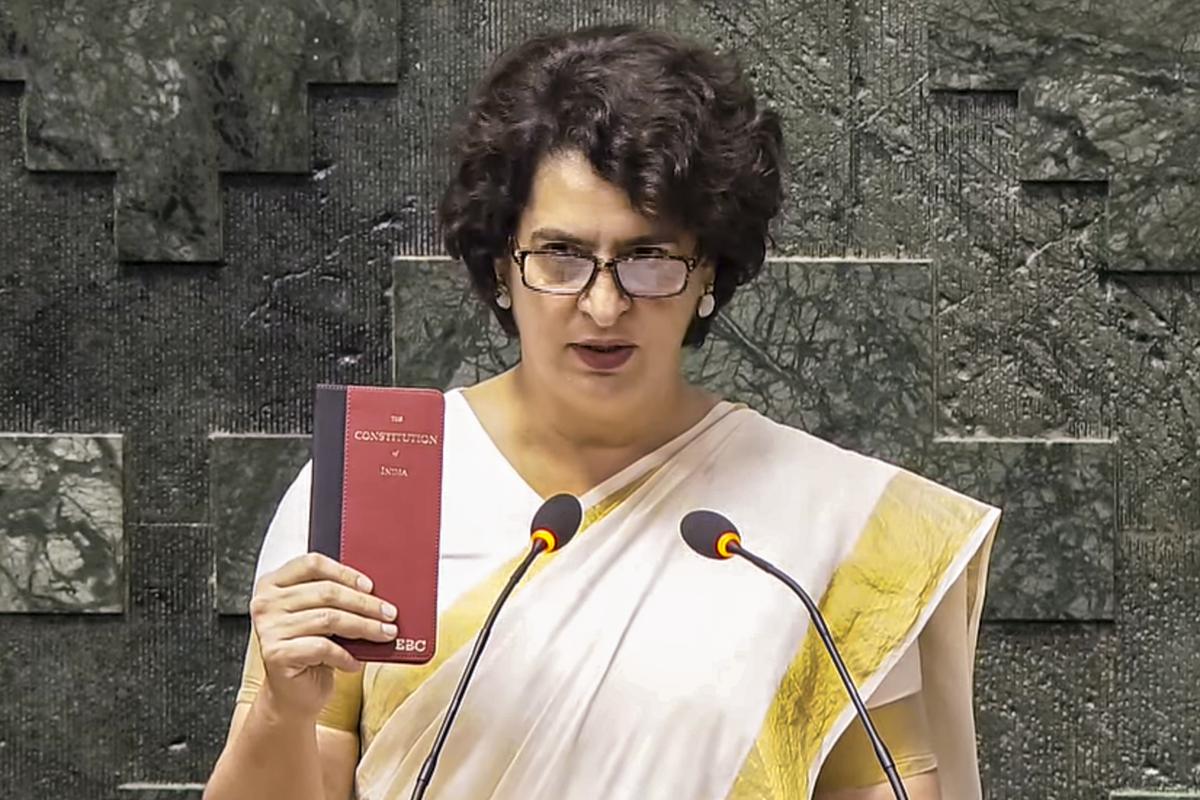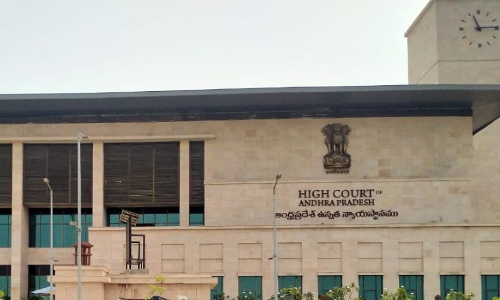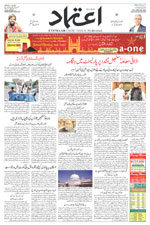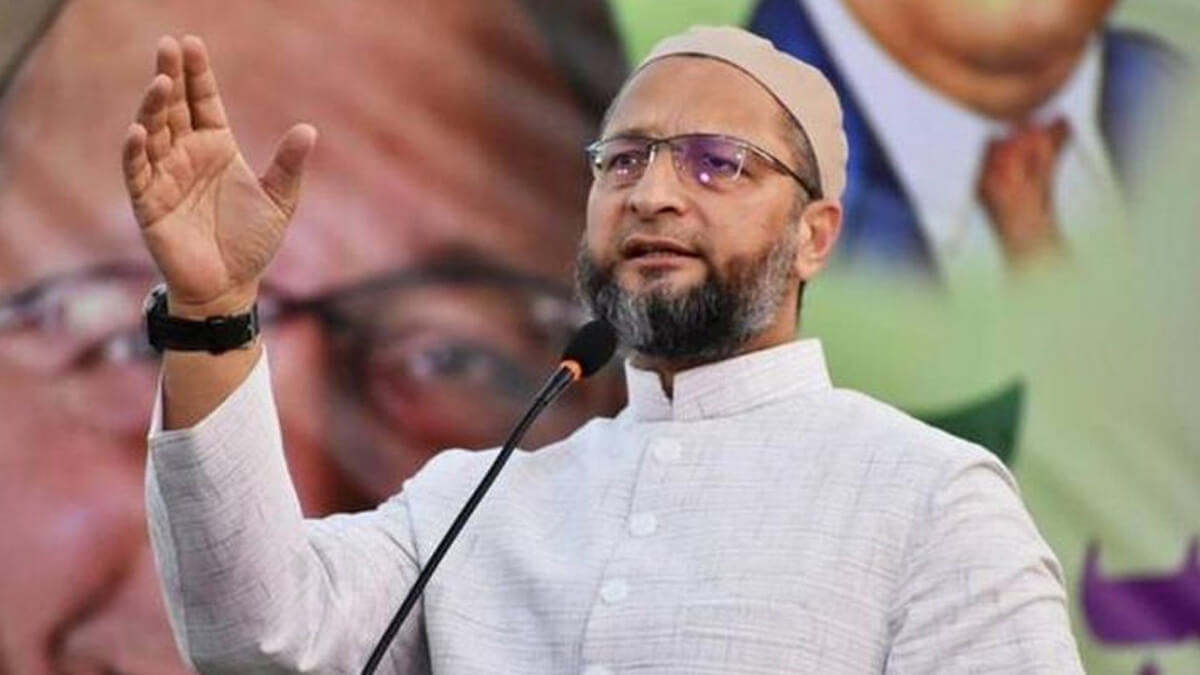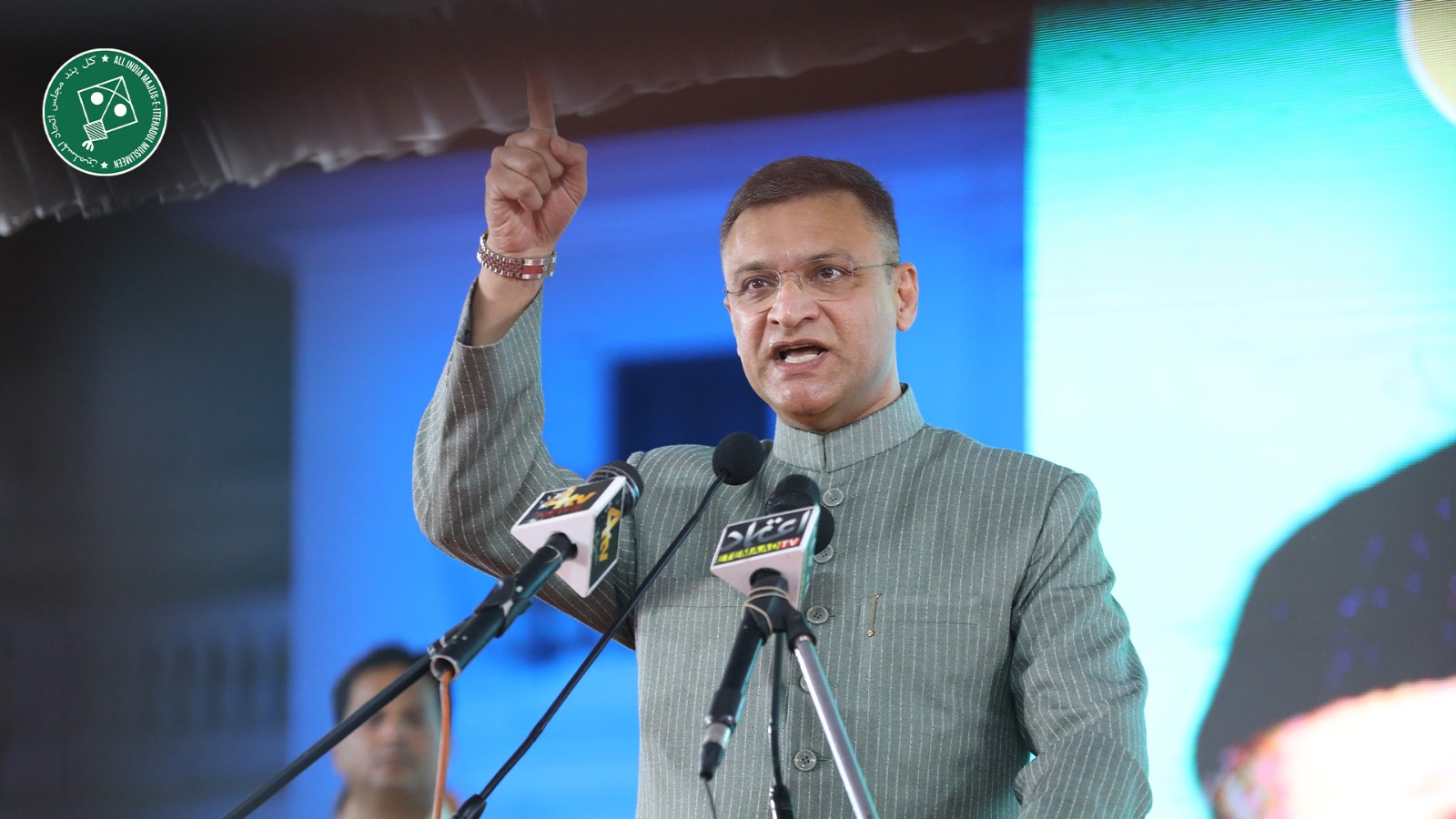India is global test bed for emerging technology-based solutions: KTR
Sat 30 Jan 2021, 12:06:17
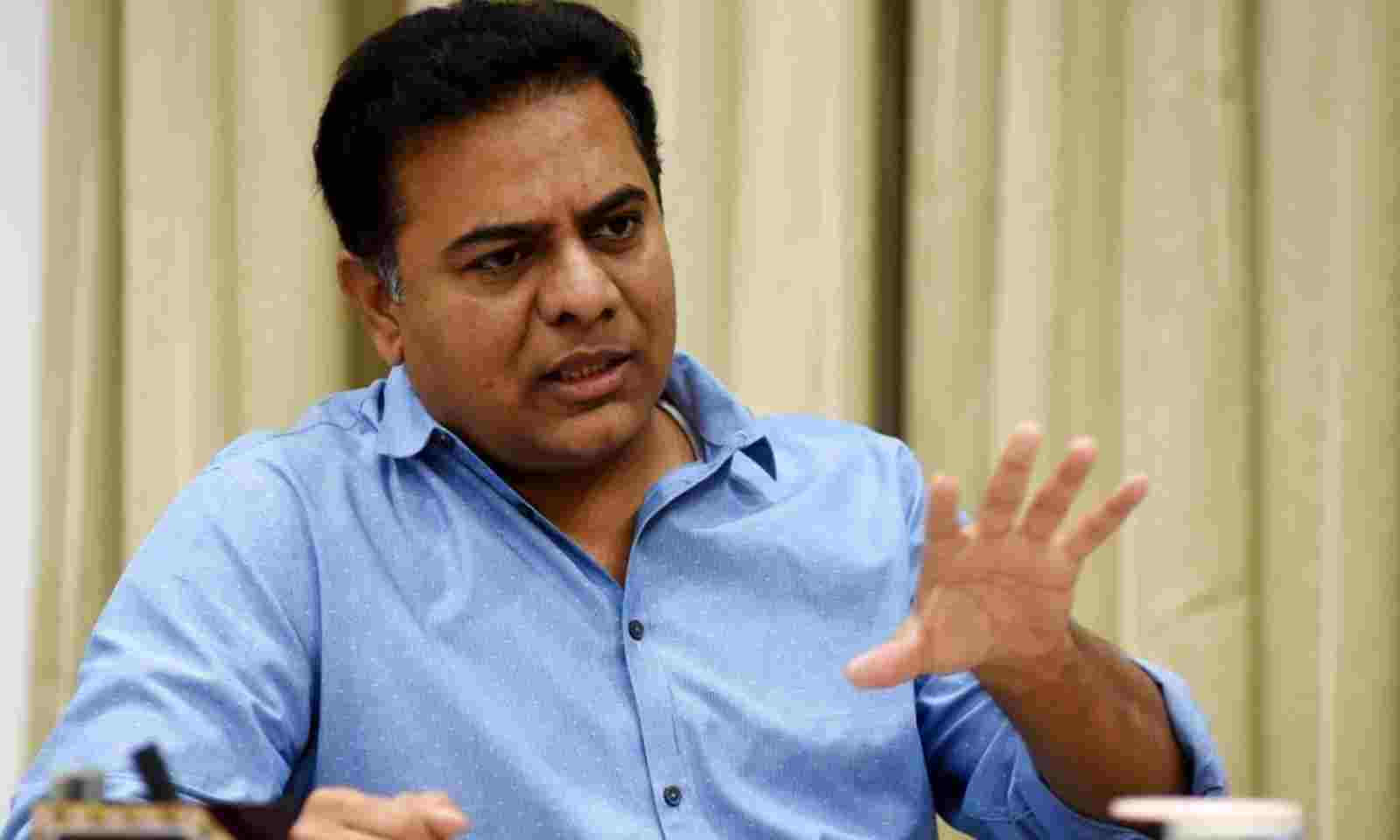
IT and industries minister K.T. Rama Rao on Friday pitched India as the ideal test bed for building emerging technology-based solutions that can be readily scaled across Third World countries to achieve sustainable goals, while speaking at the World Economic Forum (WEF).
The minister said that by virtue of its vast and broad spectrum of economic, social and geographical scenarios, India is well positioned to act as such a global test bed.
Addressing a virtual WEF panel discussion, ‘Harnessing Emerging Technologies in India’, Rama Rao spoke about the steps initiated by the Telangana state government to leverage innovation and emerging technologies in various sectors including agriculture, healthcare, and education.
The minister presented an overview of the various multi-stakeholder initiatives including use of artificial intelligence in agriculture and ‘Medicines from the Sky’, the programme to deliver medicines using drones.
The panelists, including Diksha Madhok, director of Quartz Platform, Rajan Anandan, managing director, Sequoia Capital, Meagan Fallone, director, Barefoot College International, and Jai Shroff, global CEO of UPL Ltd, deliberated on the topic, ‘How can emerging technologies further boost productivity, expedite the growth transition and reinforce
resilience to future shocks to meet India’s pressing challenges?’
resilience to future shocks to meet India’s pressing challenges?’
Rama Rao, who said Telangana was investing in improving digital infrastructure via the T-Fiber project, said the state formulated actionable technology policy frameworks in emerging technology areas such as blockchain, drones, artificial intelligence, open data, cyber security, and cloud.
Responding to a specific question, he said digital readiness has been instrumental for a V-shaped economic recovery during the Covid-19 pandemic.
Conventional businesses, he said, rapidly went online across the country — leveraging improving internet accessibility. Internet has enabled access to new markets helping first movers to not only recover but thrive during the pandemic, he said.
Rama Rao said the underlying disparities in healthcare, education, financial stability and technology have led the Covid-19 crisis to disproportionately impact certain groups and countries.
“A holistic and systems-based view is required to stress test our assumptions of the future to identify hidden chinks and build resilience to future shocks, and the global health risk is one such chink that should now be an eye-opener for governments and multilateral organizations across the world,” he said.
No Comments For This Post, Be first to write a Comment.
Most viewed from Hyderabad
Most viewed from World
AIMIM News
BJP-SP two sides of same coin: Asaduddin Owaisi
Nov 19, 2024
Latest Urdu News
Most Viewed
May 26, 2020
Do you think Devendra Fadnavis will be next CM of Maharashtra?
Latest Videos View All
Like Us
Home
About Us
Advertise With Us
All Polls
Epaper Archives
Privacy Policy
Contact Us
Download Etemaad App
© 2024 Etemaad Daily News, All Rights Reserved.




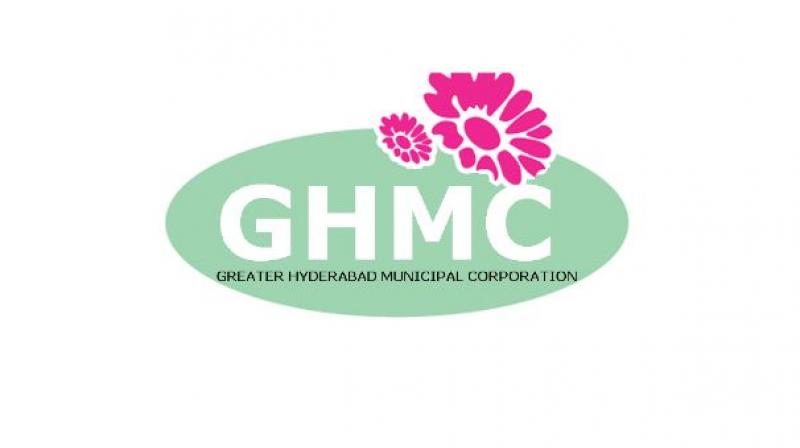
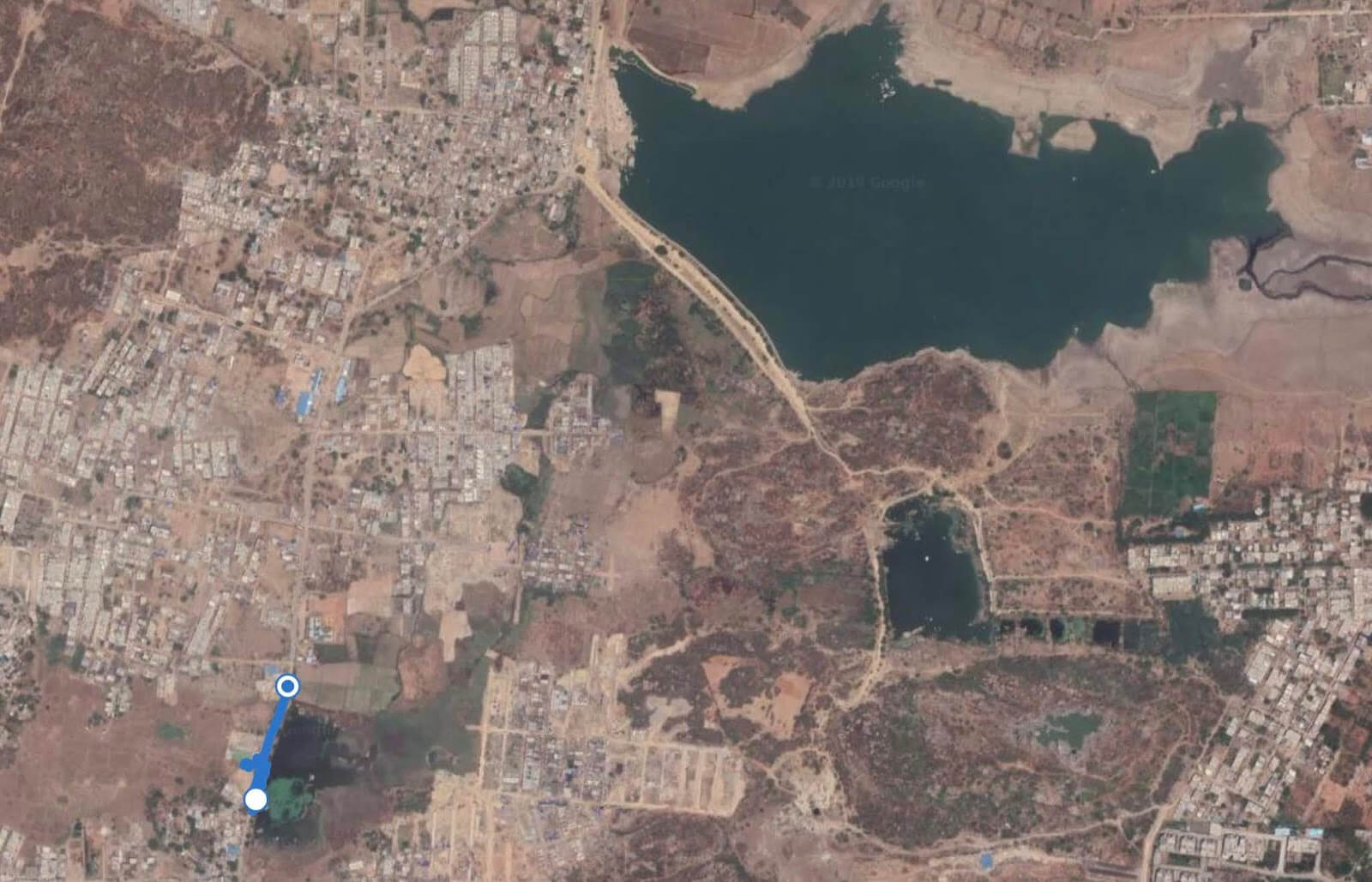
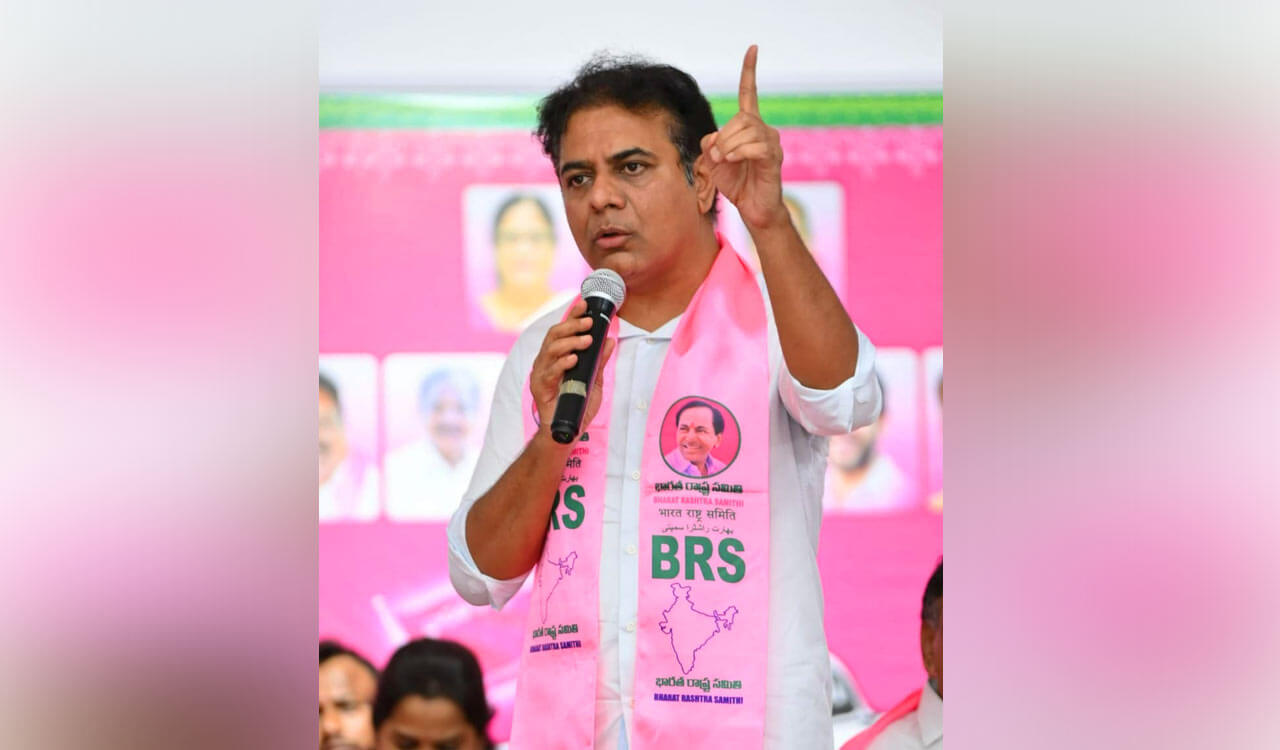
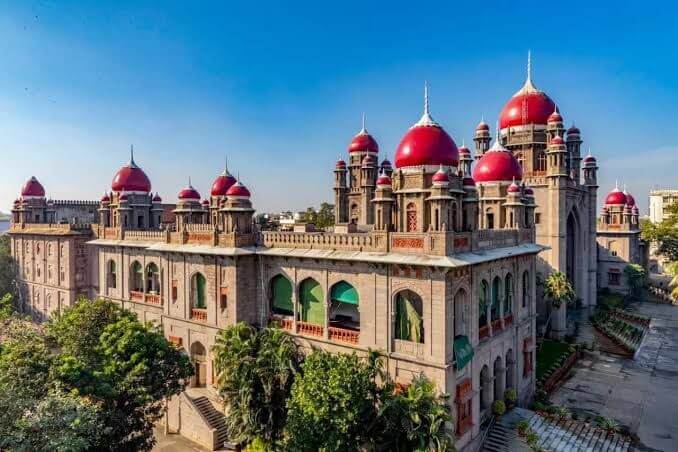
.jpg)
.jpg)
.jpg)
.jpg)
.jpg)
